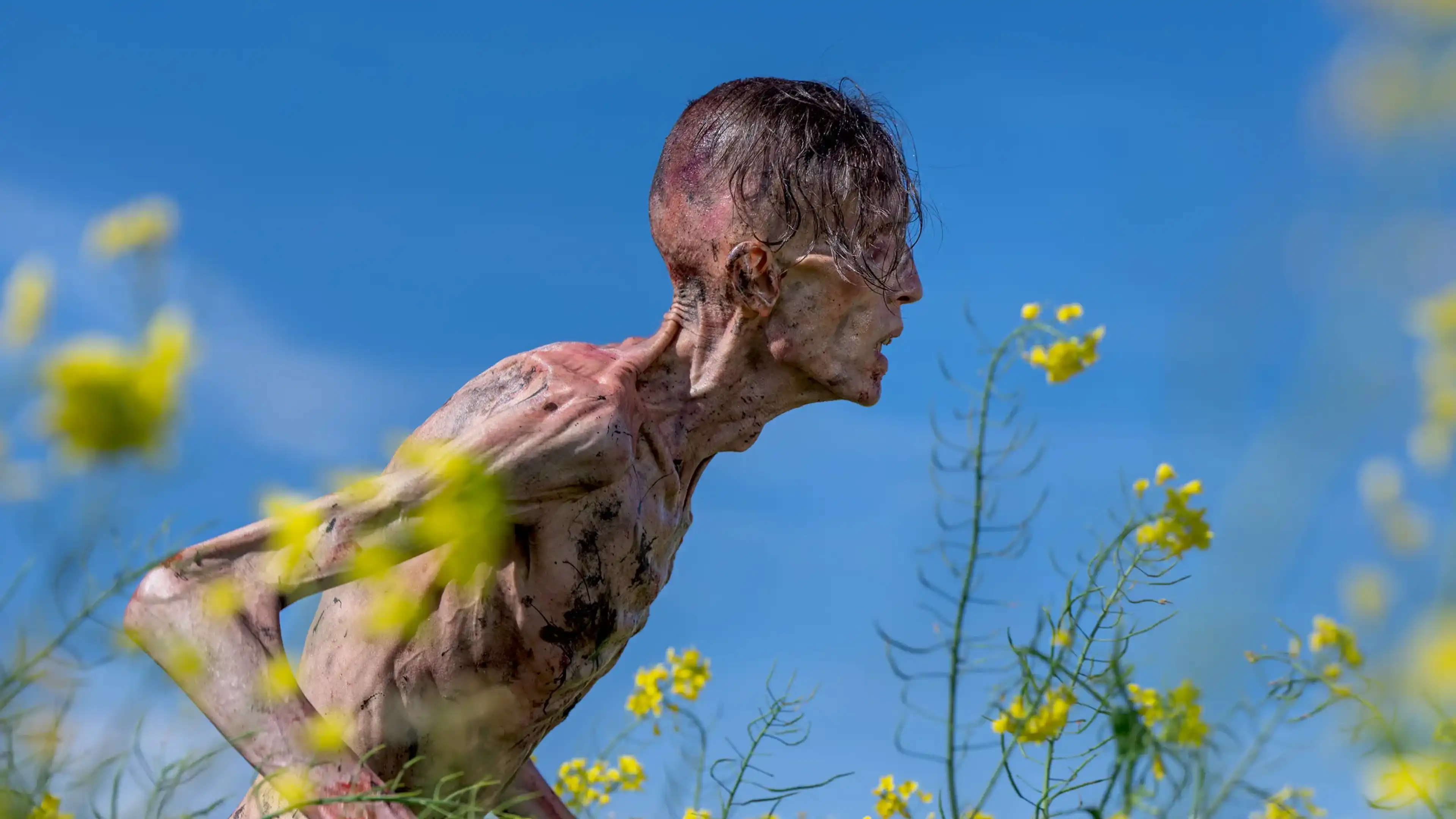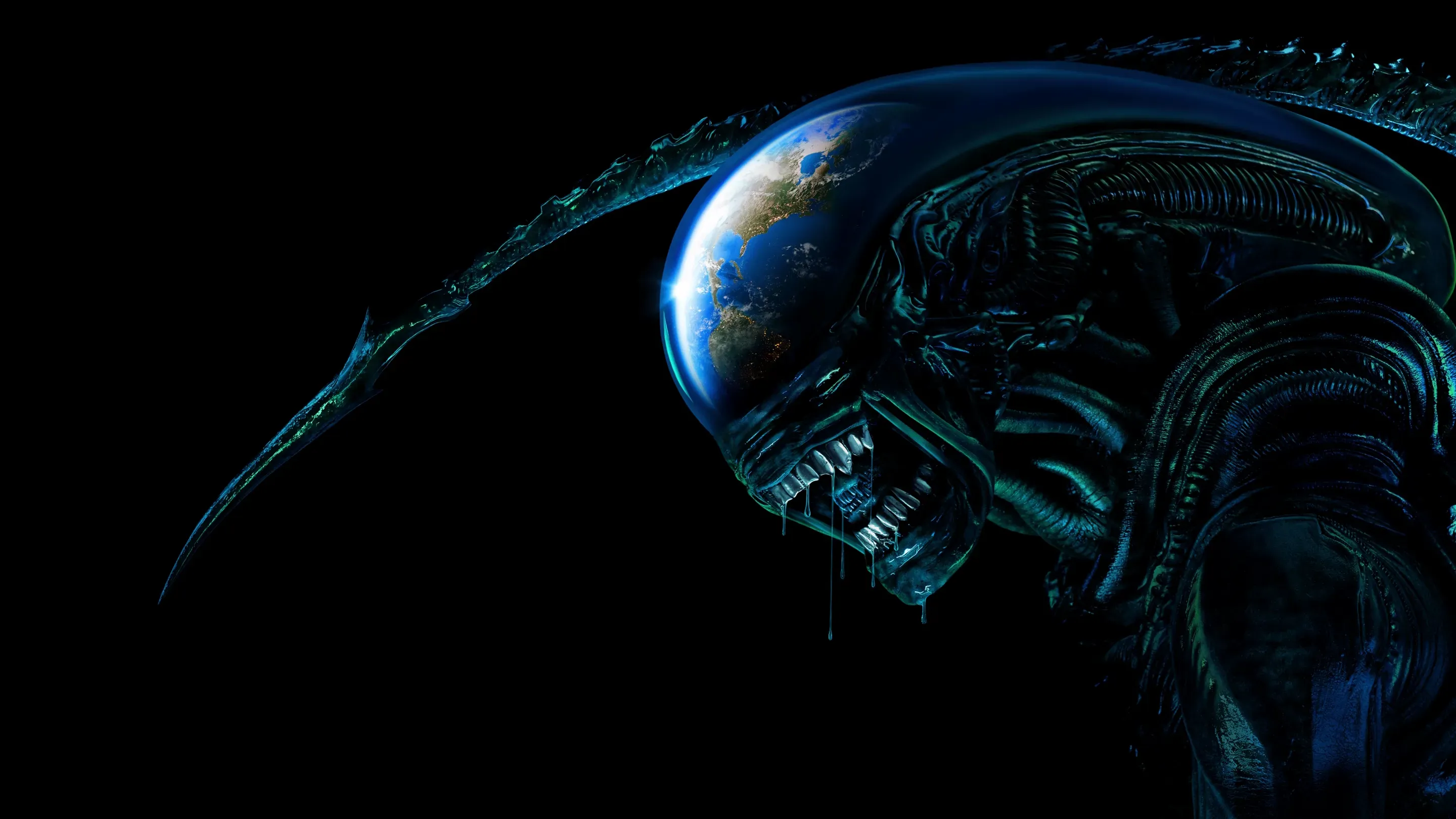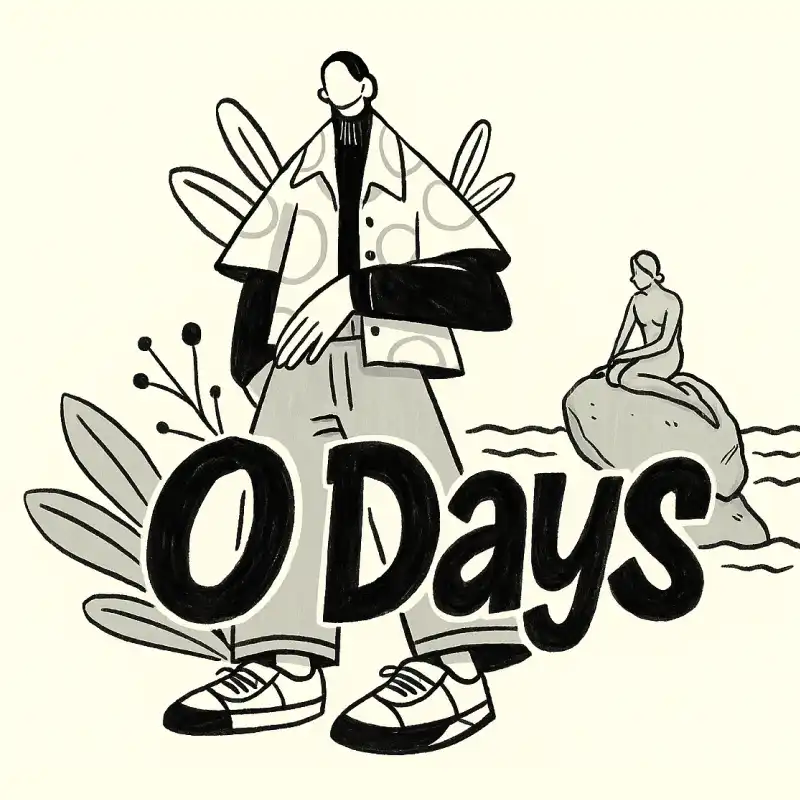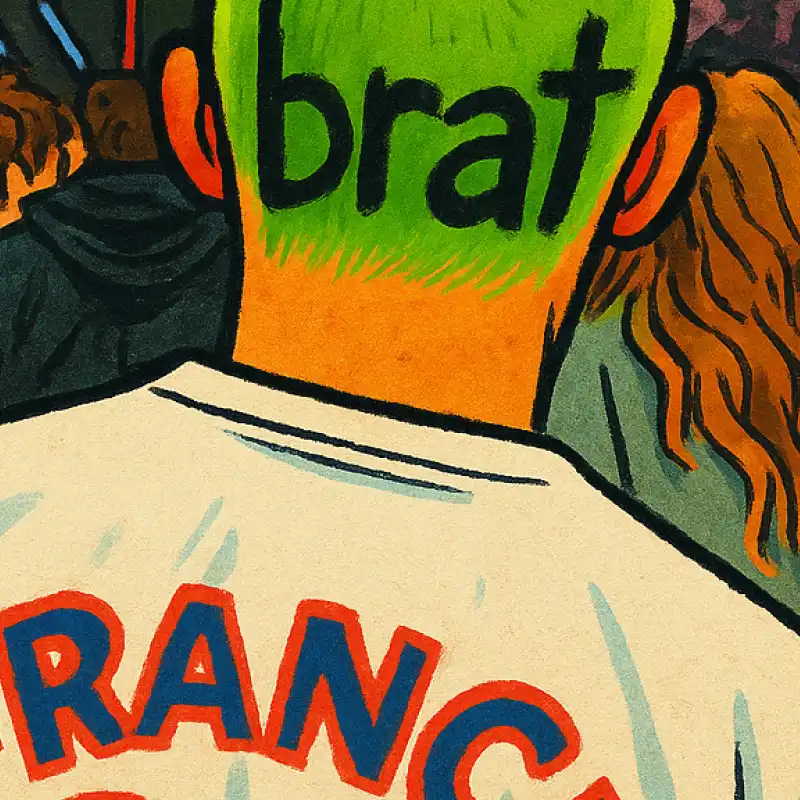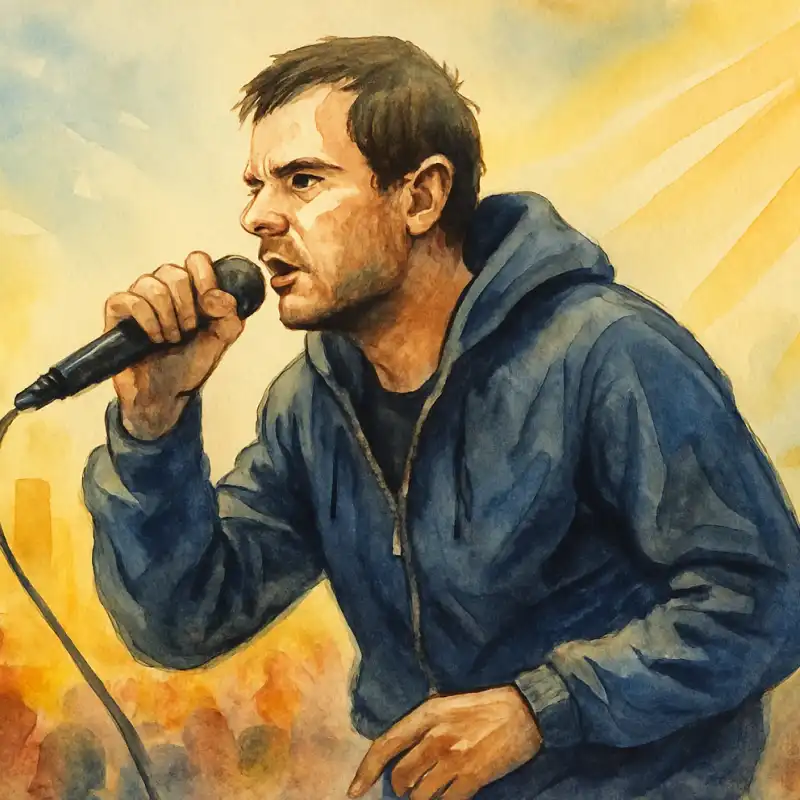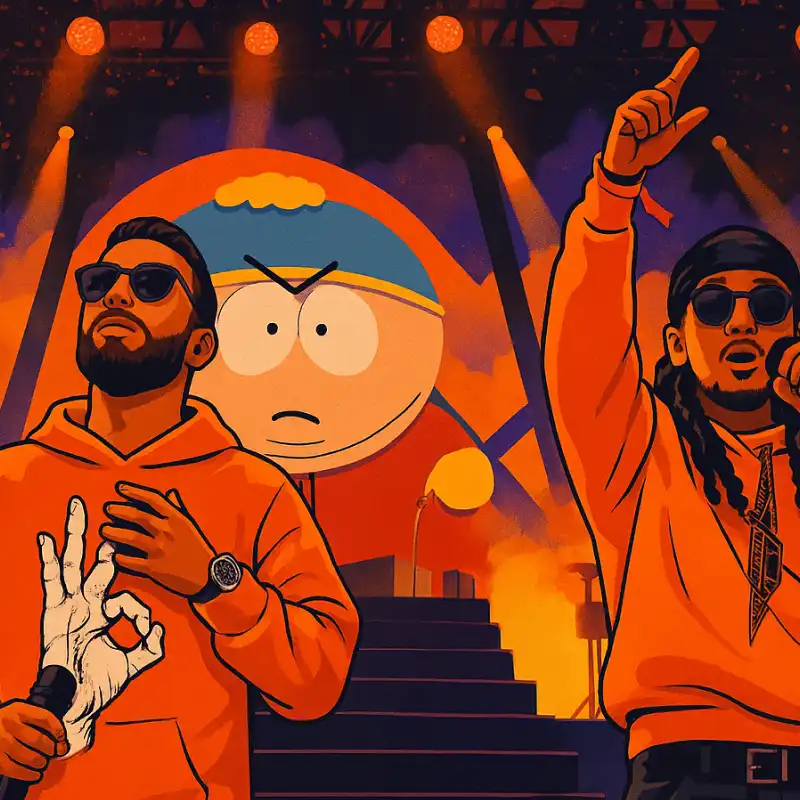When 28 Days Later came out in 2002, it reinvented the zombie genre with a raw realism and a documentary film language that has since become iconic. Twenty-two years later, director Danny Boyle and screenwriter Alex Garland pick up the thread with 28 Years Later, the third and tentatively final film in the trilogy. The result is an unpredictable and rather brave ending that refuses to deliver the expected shocks -- and instead insists on a more philosophical look at the society left after its collapse.
One star
Two stars
Three stars
Four stars
Five stars
Disclaimer: Apropos Magazine received access or a review copy. As always, we share our own impressions — unfiltered.
Six stars
The film takes place in an isolated island community that exists as a kind of neoprimitive enclave after 28 years with the RAGE virus. Here Jamie (Aaron Taylor-Johnson) prepares his son Spike for their first joint expedition to the mainland -- a symbolic and literal transition from childhood to adulthood. Garland uses the boy's journey of formation as a supporting structure and unfolds the narrative with restrained intensity. We are introduced to the world not through explanation, but through action: the film's universe steps forth in small, sobering details, in silences and in the absence that prevails between people long ago accustomed to martial law. It is a film that leaves much to the viewer and that consistently refuses to entertain on the usual premises of the genre.
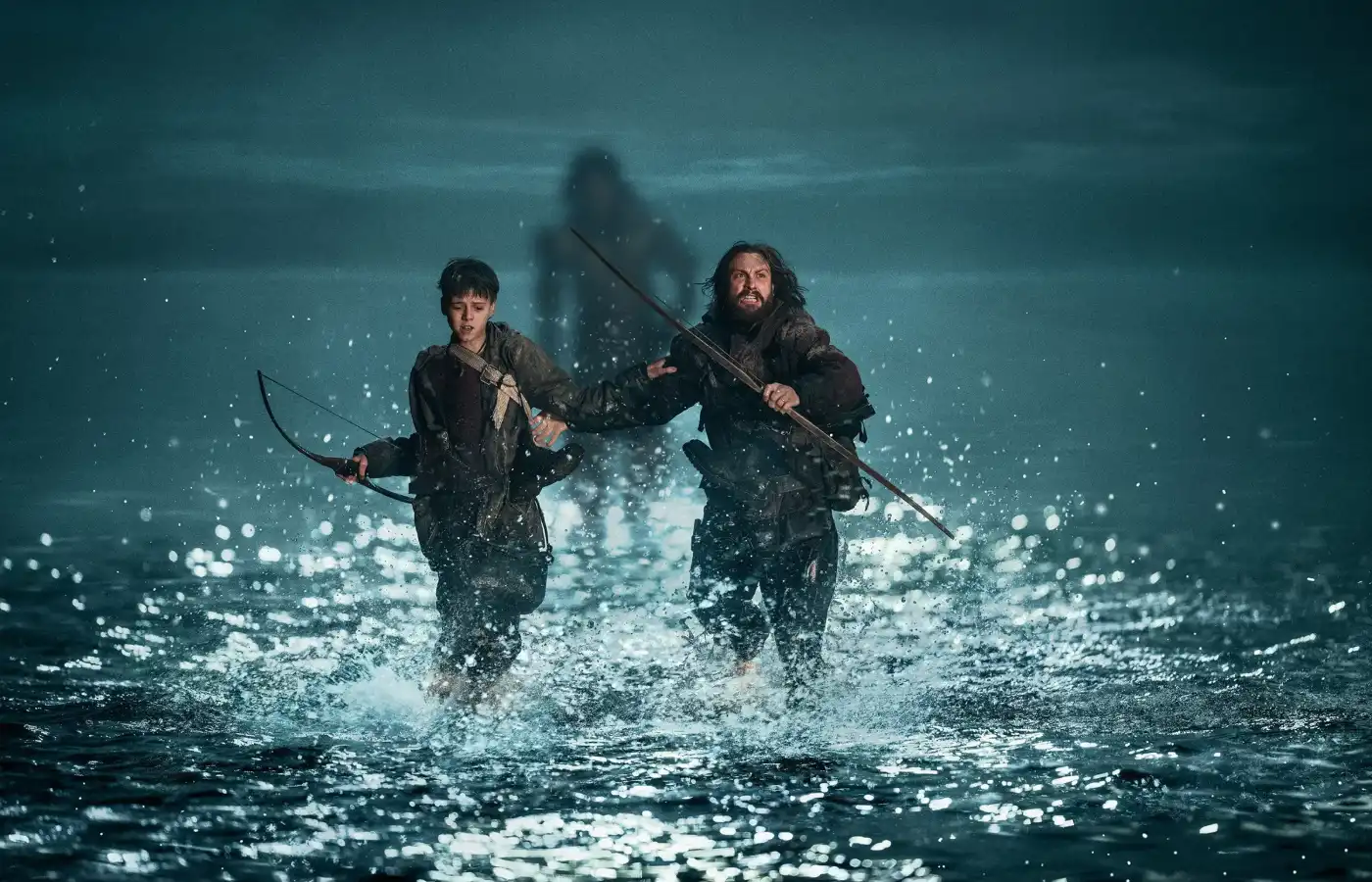
Purely Visually Draws 28 Anni dopo both on the history of the trilogy and on new, bold moves. Anthony Dod Mantle, who also photographed 28 Dagen verschap, returns with an idiom that mixes classic camerawork with footage on iPhones and experimental rigs. The images alternate between razor-sharp digital clarity and grainy closeness, and Boyle insists on an aesthetic that's more gritty than glistening. The film moves stylistically between the realistic and the grotesquely overdrawn — especially in the second half, when a sect-like group and its charismatic leader Jimmy Crystal (Jack O'Connell) step into the narrative. Here, the film balances on the edge of the absurd, and some sequences risk alienating an audience expecting a pure-bred horror. But precisely in that shift from traditional zombie film to a more existential and satirical dystopia lies the film's distinguishing feature. Boyle and Garland insist on exploring the outer edges of the genre, and the result is something far more distinctive than just another sequel.
Thematically, the film is rich and disturbing. Garland examines not how the world ended, but what happens when doom becomes everyday. Instead of asking questions at the collapse of the system, he revolves around the psychological and social mutations that follow in its wake. Spike, played with remarkable nerve by the debutant Alfie Williams, becomes the bearer of the film's central tension: how is a human being who has never known anything but the exception shaped? His mother Isla (Jodie Comer), weakened and pregnant, serves as both the physical and emotional core of the narrative, while Ralph Fiennes, in the role of an elderly survivor, delivers the film's most iconic performance -- understated but charged with a gravitas that points toward something bigger than the individual. The music, provided by Young Fathers, amplifies the film's ritualistic and fragmented nature with a soundside that pulses between rhythmic turmoil and meditative abandon.
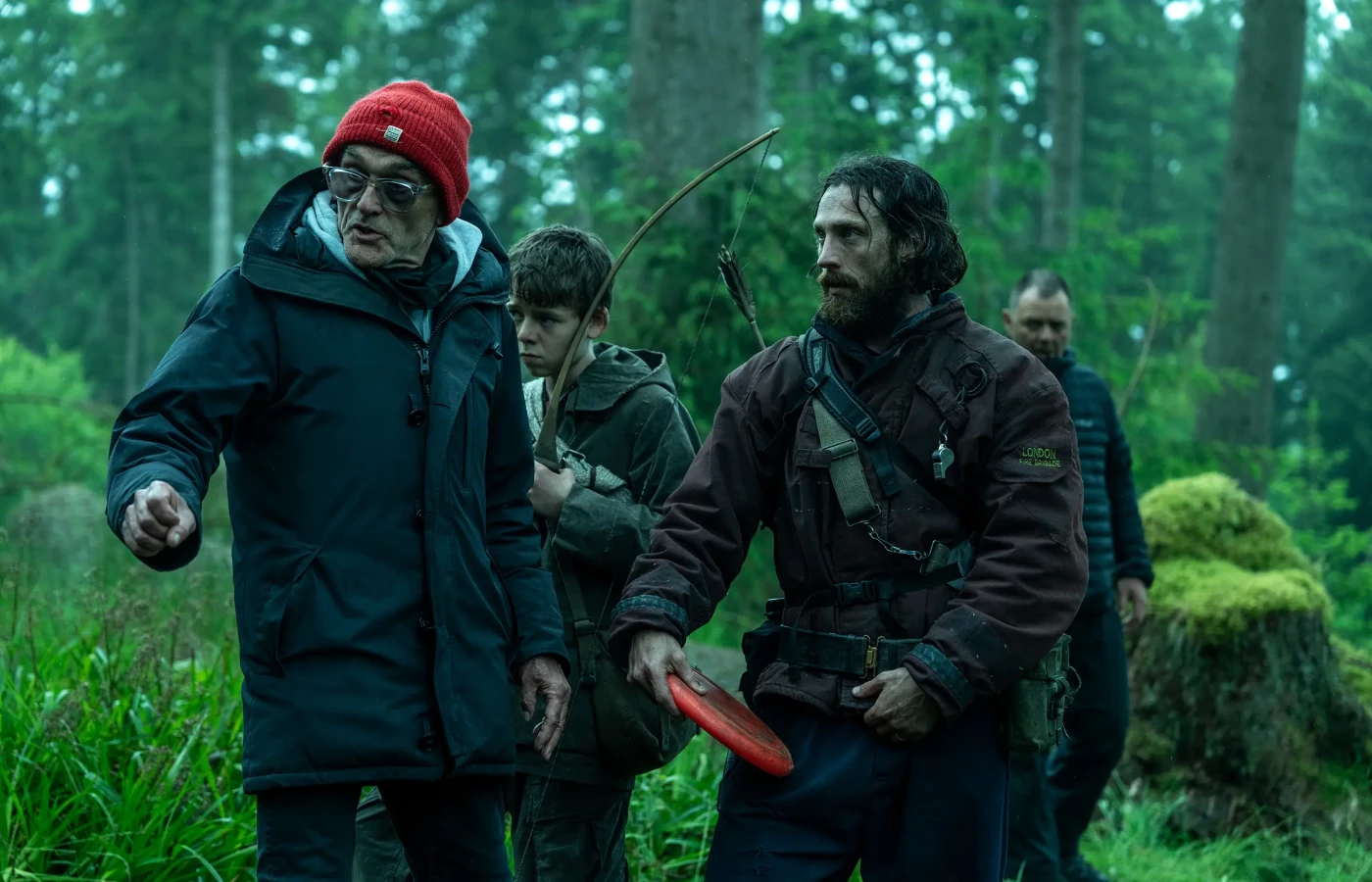
In reality...
... is 28 Anni dopo not so much a zombie movie as a mournful afterword. It does not look towards the doom to shudder, but to comprehend what remains when human contact crumbles. It's a film that steps out of its own genre and poses itself in the open -- undecided, fumbling and brave. You can't expect that from a trilogy ending. But you can admire it for that.


